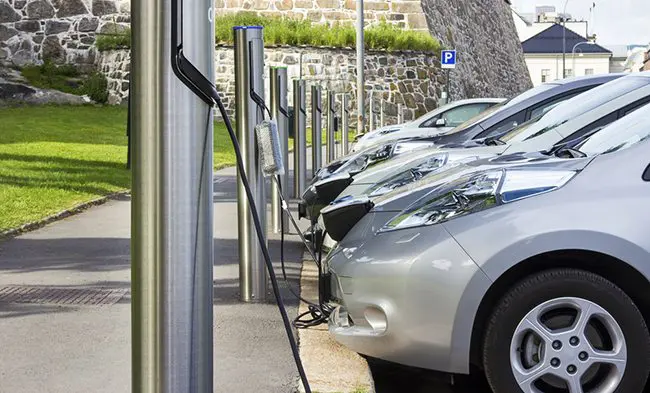Historically, we have had to add physical tools or boxes to get more connected whether it’s manually installing a car phone or plugging in a Tom Tom. But the beginning of connected cars has seen Bluetooth and GPS physically installed into our cars and this is just the beginning.
The rise of black box insurance
The little black box is another add-on that has seen popularity over the last few years. Also known as a telematics box, it is simply the size of a smart phone which you install onto your dashboard and using GPS and satellites, it will measure your mileage, speed, braking and steering.
This data is shared in real-time with your insurer who may potentially lower your insurance premium because they can see you are doing less mileage or being a safer driver.
There is also a theory that just having the black box installed influences driver behaviour. The idea of almost having your insurer in the passenger’s seat can make your more conscious about your driving and therefore drive more responsibly.
How Connected Cars will impact car insurance premiums
A report last year by Call Wiser highlighted the trend in black box insurance has helped their customers save around £200 off their annual car insurance premiums.
But again, this is just the beginning as major car manufacturers are looking to have telematics automatically installed into the vehicle, and hence become more ‘connected.’
The data can then be shared straight to a partner insurance company or encourage the dealership to provide their own insurance, potentially opening up a huge revenue stream for the car company.
Theoretically, this sharing of real-time data could provide the most accurate car insurance quotes possible – whereby drivers will literally only pay for their mileage and get a more accurate quote based on their steering and braking.
This offers far more accuracy than the current way of assessing car insurance premiums which is largely based on estimated mileage, purpose of driving, type of vehicle and the assumptions of your driving due to your age, occupation, marital status and residency. But this can be flawed as two drivers of the same age, living in the same area and the same vehicle can be very different drivers on the road.
Furthermore, the telematics technology in every car could also shed some light on future claims and accidents. By analysis the speed and braking of two cars, you could potentially tell who was really at fault for an accident and to what degree – thereby changing the way we pay for claims.
Using Ecall to make your car connected
The EU has stated that from October 2015, all cars must be fitted with tracking device, Ecall. This technology can help locate lost vehicles like in the event of an accident or if airbags are deployed, it will automatically send a text message to emergency services with the location and vehicle ID number.
So as cars become more connected, we can expect not just an evolution in the car insurance industry but also a way to save lives.


